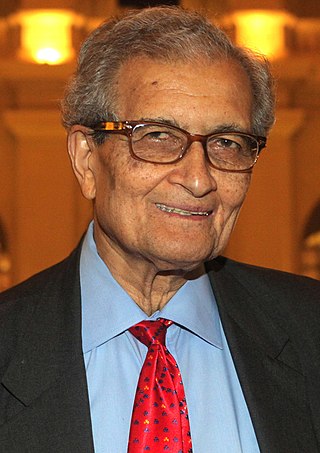
Amartya Kumar Sen is an Indian economist and philosopher, who has taught and worked in the United Kingdom and the United States since 1972. Sen has made contributions to welfare economics, social choice theory, economic and social justice, economic theories of famines, decision theory, development economics, public health, and measures of well-being of countries.
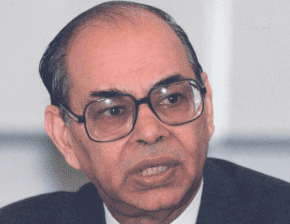
Mahbub ul-Haq was a Pakistani economist, international development theorist, and politician who served as the minister of Finance from 10 April 1985 to 28 January 1986, and again from June to December 1988 as a caretaker. Regarded as one of the greatest economists of his time, Haq devised the Human Development Index, widely used to gauge the development of nations.

Gross National Happiness, sometimes called Gross Domestic Happiness (GDH), is a philosophy that guides the government of Bhutan. It includes an index which is used to measure the collective happiness and well-being of a population. Gross National Happiness Index is instituted as the goal of the government of Bhutan in the Constitution of Bhutan, enacted on 18 July 2008.

The capability approach is a normative approach to human welfare that concentrates on the actual capability of persons to achieve lives they value rather than solely having a right or freedom to do so. It was conceived in the 1980s as an alternative approach to welfare economics.
Frances Julia Stewart is professor emeritus of development economics and director of the Centre for Research on Inequality, Human Security and Ethnicity (CRISE), University of Oxford. A pre-eminent development economist, she was named one of fifty outstanding technological leaders for 2003 by Scientific American. She was president of the Human Development and Capability Association from 2008 to 2010.

Poverty is measured in different ways by different bodies, both governmental and nongovernmental. Measurements can be absolute, which references a single standard, or relative, which is dependent on context. Poverty is widely understood to be multidimensional, comprising social, natural and economic factors situated within wider socio-political processes.
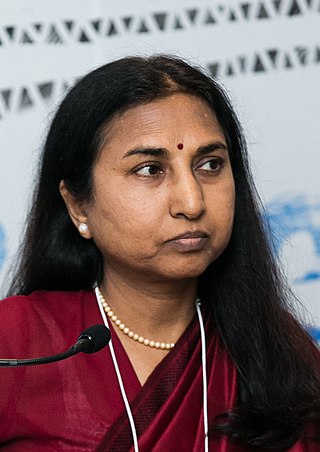
Bina Agarwal is an Indian development economist and Professor of Development Economics and Environment at the Global Development Institute at The University of Manchester. She has written extensively on land, livelihoods and property rights; environment and development; the political economy of gender; poverty and inequality; legal change; and agriculture and technological transformation.
The Human Development and Capability Association (HDCA) was launched in September 2004 at the Fourth Capability Conference in Pavia, Italy. It was founded to promote research from many disciplines on key problems including poverty, justice, well-being, and economics.
The Institute for International Economic Policy is a research institution dedicated to the study of global economic governance, based in Washington, DC at the Elliott School of International Affairs of the George Washington University. Notable IIEP members include Sabina Alkire, James Foster, and Jeni Klugman. Partnerships with organizations like the World Bank Group, International Monetary Fund, Internet Society, and The Nature Conservancy have led to academic conferences and policy seminars.
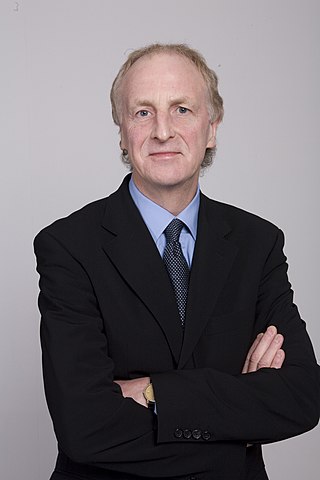
Anthony F. Shorrocks is a British development economist.

Multidimensional Poverty Indices use a range of indicators to calculate a summary poverty figure for a given population, in which a larger figure indicates a higher level of poverty. This figure considers both the proportion of the population that is deemed poor, and the 'breadth' of poverty experienced by these 'poor' households, following the Alkire & Foster 'counting method'. The method was developed following increased criticism of monetary and consumption based poverty measures, seeking to capture the deprivations in non-monetary factors that contribute towards well-being. While there is a standard set of indicators, dimensions, cutoffs and thresholds used for a 'Global MPI', the method is flexible and there are many examples of poverty studies that modify it to best suit their environment. The methodology has been mainly, but not exclusively, applied to developing countries.

The Oxford Poverty and Human Development Initiative (OPHI) is an economic research centre within the Oxford Department of International Development at the University of Oxford, England, that was established in 2007.
The poverty gap index is a measure of the degree of poverty. It is defined as extent to which individuals on average fall below the poverty line, and expresses it as a percentage of the poverty line.
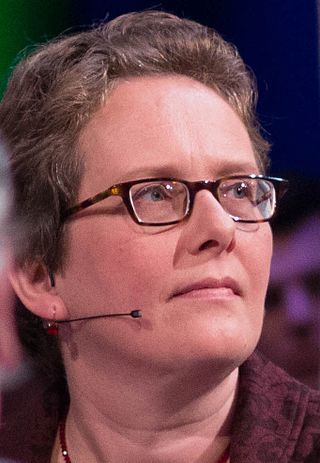
Ingrid A. M. Robeyns holds the Chair Ethics of Institutions at Utrecht University, Faculty of Humanities and the associated Ethics Institute.
Séverine Marie Paule Deneulin is a senior lecturer in International Development at the Department of Social and Policy Sciences, University of Bath, and a fellow of the Human Development and Capability Association (HDCA); she is also the HDCA's secretary with a place on the executive council.
Prasanta Kumar Pattanaik, is an Indian-American emeritus professor at the Department of Economics at the University of California. He is a Fellow of the Econometric Society.
Sanjiv M. Ravi Kanbur, is T.H. Lee Professor of World Affairs, International Professor of Applied Economics, and Professor of Economics at Cornell University. He worked for the World Bank for almost two decades and was the director of the World Development Report.
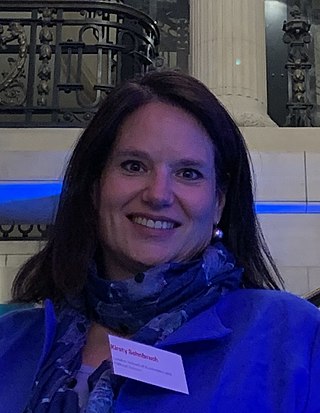
Kirsten Sehnbruch is a British Academy Global Professor and Distinguished Policy Fellow at the International Inequalities Institute at the London School of Economics and Political Science. Sehnbruch is known for her work on conceptualising and measuring the quality of employment, particularly in developing countries. Her research subjects include quality of employment, multidimensional indicators, Latin American labour markets, labour relations, Chilean politics and public policy.
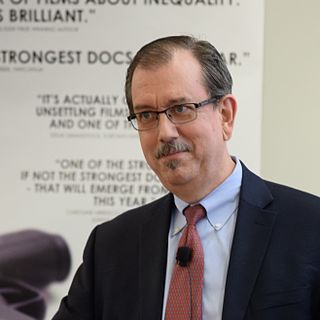
James Eric Foster is Professor of Economics and International Affairs at the George Washington University, in the Elliott School of International Affairs, researching welfare economics and poverty measurement. He is known for developing the Alkire Foster Method, with University of Oxford professor and OPHI Director Sabina Alkire. He is a board member for the World Bank.
Creating Capabilities is a book, first published by economist Martha Nussbaum in 2011, which outlines a unique theory regarding the Capability approach or the Human development approach. Nussbaum draws on theories of other notable advocates of the Capability approach like Amartya Sen, but makes specific distinctions. One distinct idea she proposes is to choose a list of capabilities based on some aspects of John Rawls' concept of "central human capabilities." These ten capabilities encompass everything Nussbaum considers essential to living a life that one values. Martha Nussbaum and Amartya Sen are considered to be the main scholars of this approach, but have distinctions in their approach to capabilities. Sen disagrees with Nussbaum's list of values on the grounds that it does not fully encompass the range of capabilities one would consider to live a fulfilling life, which inherently differs by person.












